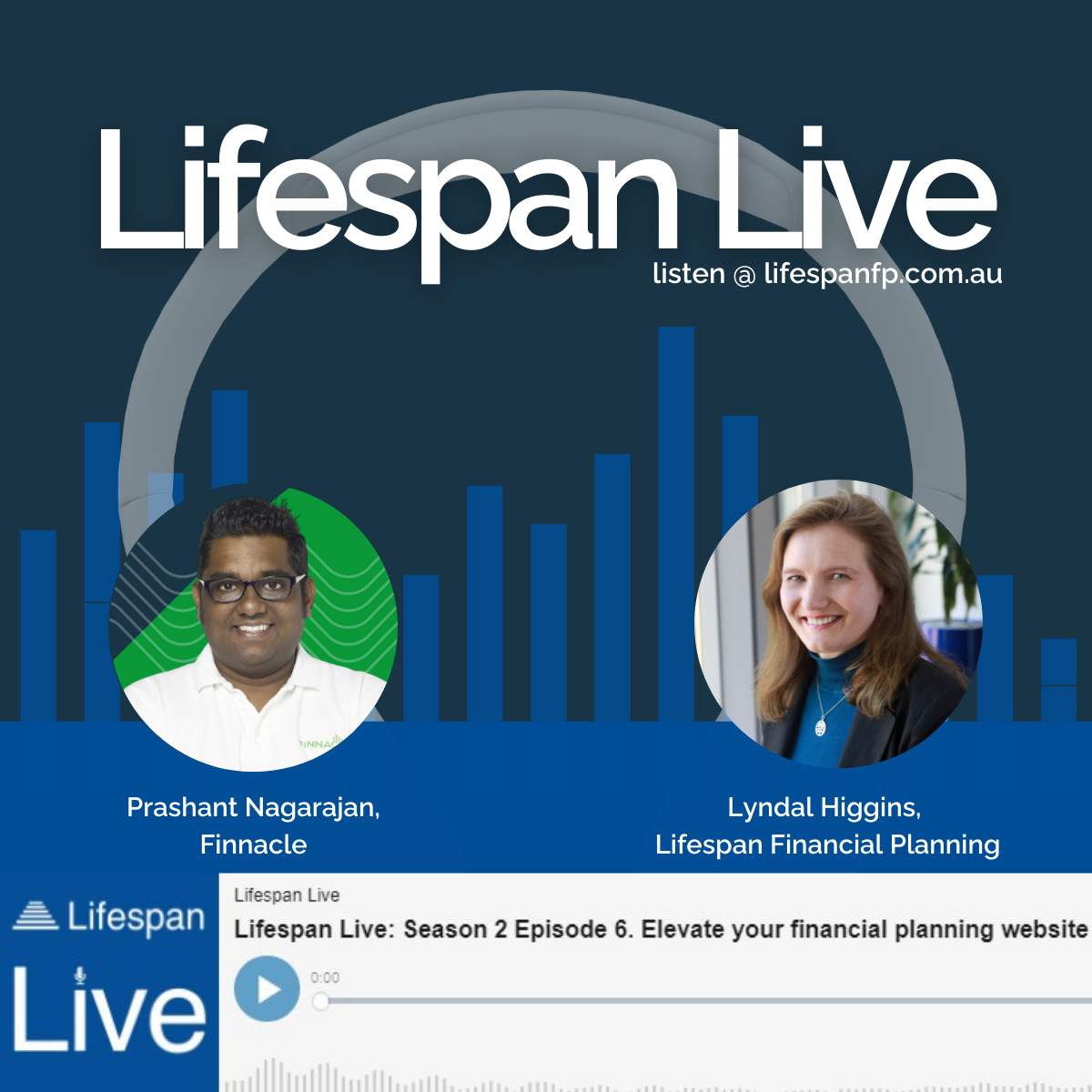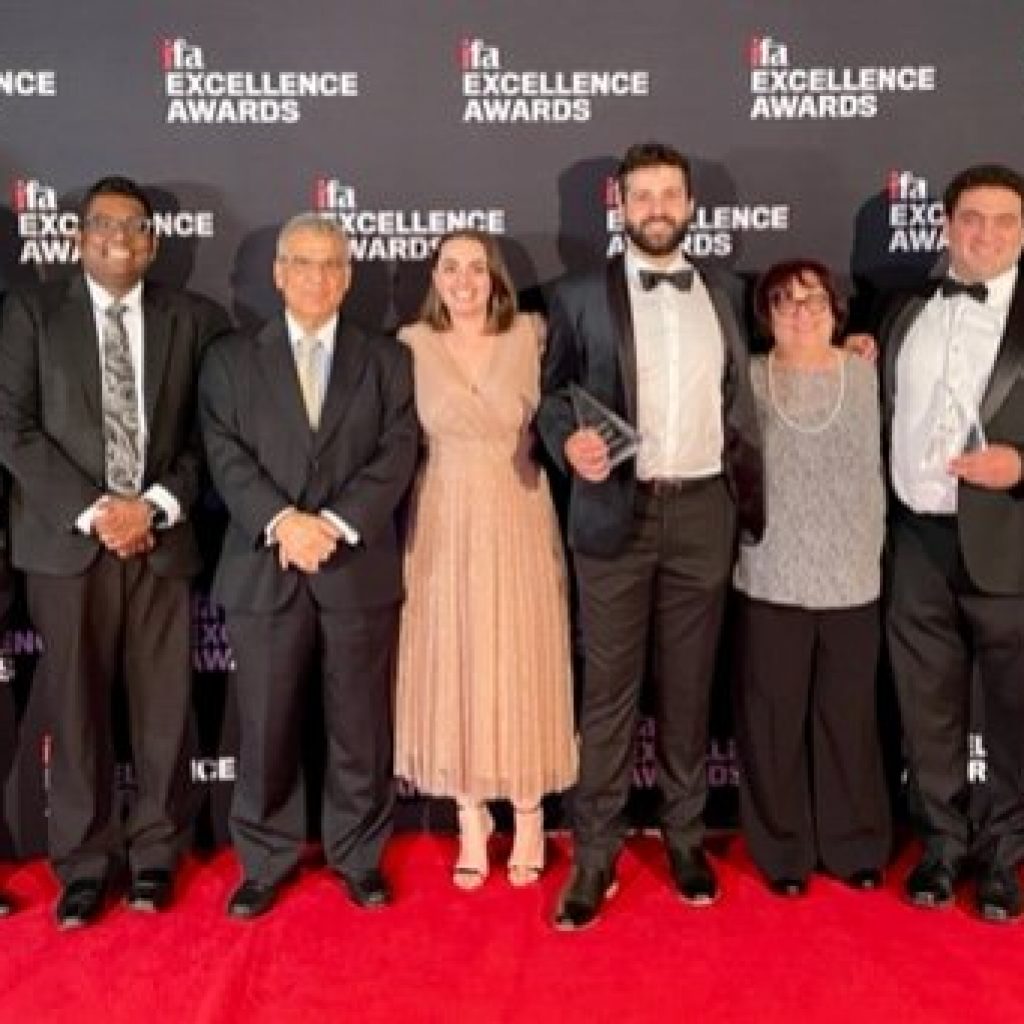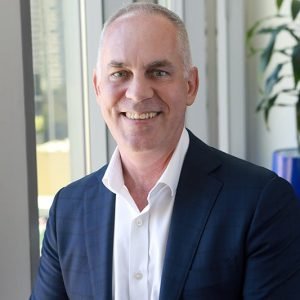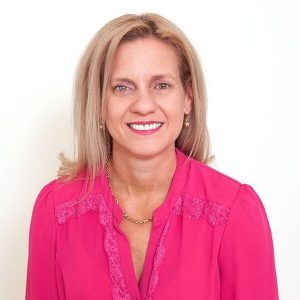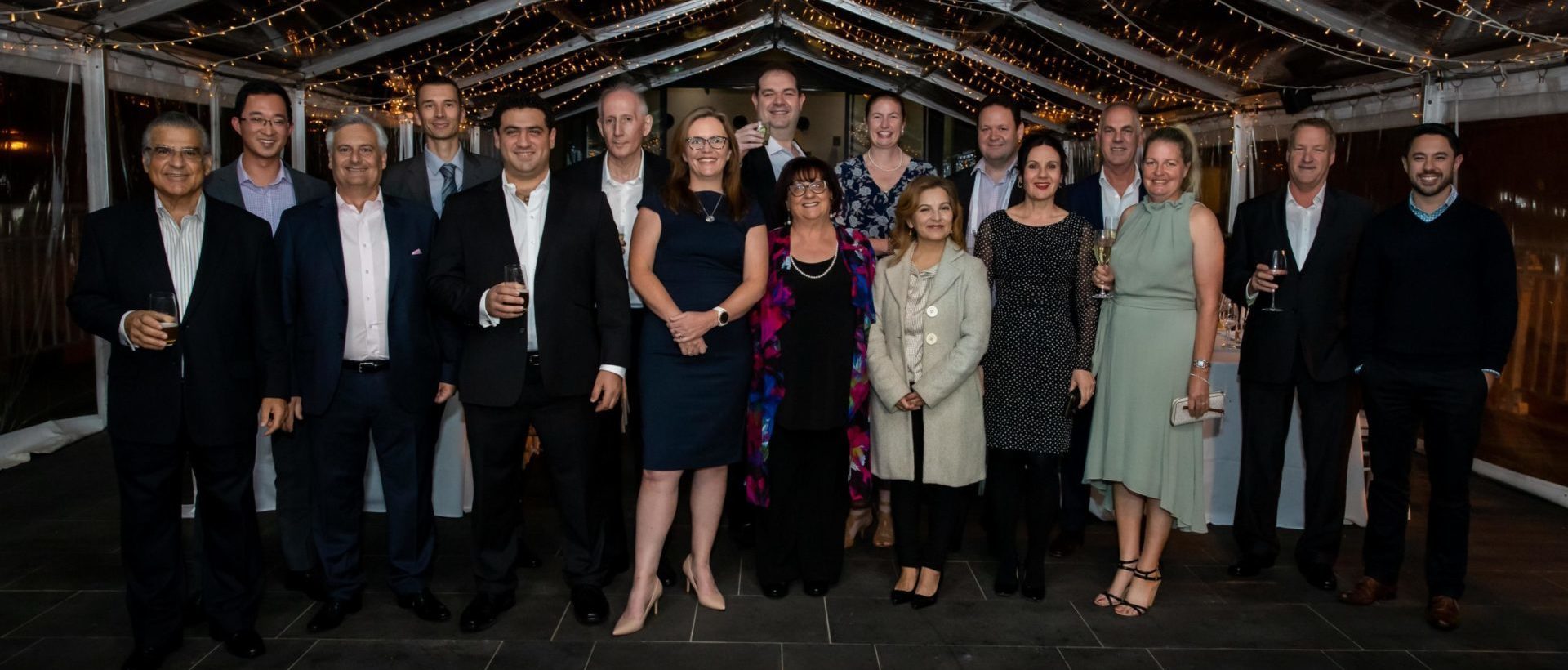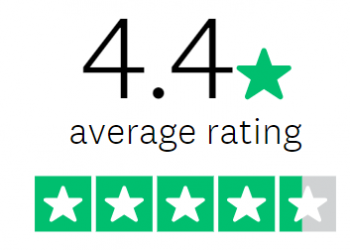For a financial planning practice, your website is one of your most visible and valuable marketing assets. It is arguably the most important expression of your brand. As an expression of your brand, it is key that your website engages your preferred clients with a consistent brand voice.
Prashant Nagarajan, Financial Adviser and Co-founder of Finnacle, has recently undertaken a major website evolution. “It’s important to remember that your website development is not a set and forget scenario”. “The key driver for our website redevelopment was to make sure it talks to our prospects and clients in the same way we talk to them over the phone or when we catch up with them. Our website was doing a good job, but not as good as we do in person.”
A financial planning website should establish and build trust. Finding tangible proof you are real people and a real brand is a critical aspect of establishing trust, as is having a compelling and consistent message.
“Our website builds trust before our prospects pick up the phone. (This is really important as) 80% of the client decision making process is made before they call us.”
By elevating your website from simply verifying that you exist and provide certain services, to developing a website that speaks to and engages with your preferred clients in your brand voice, this enables you to leverage your position, generate high-quality leads and referrals, and dramatically improve your practices bottom line.
A recent study undertaken by Elixr Consulting found that advisers who service ‘anyone who asks for advice’ were quoting advice fees on average 37% less than advisers who identified preferred clients or target markets, AND their average EBIT (earnings before interest &tax) was 20% lower than those advisers who were more targeted in their approach.
“When we first started up, we focused on the 20-40 market, then researched looked at what the right problem was for them. Our research told us that the biggest issue for this demographic was first home buyers, and our market research narrowed that to 30-40 year olds”. Finnacle first looked at WHO we wanted to serve, then WHAT was the problem was that we could solve, and finally WHICH services we needed to provide in order to solve their problem.
“(Our website is) as much about saying no to the wrong people as saying yes to the right. If a 50 year old were to visit our site, I would be really surprised if they became a client. Our site is not designed for them – this is not your Collins Street office.”
Attention spans are shrinking, and visuals are the perfect medium through which to maximize the brief seconds websites have to establish a connection between company and consumer. Interactive content requires more hands-on engagement from a site visitor. With well-crafted headlines and approachable imagery, the millennial crowd is the obvious target audience here, and Finnacle’s writing style says as much as well. Finnacle know their audience, the questions that audience wants answered, and the intent behind their queries, all of which are hallmarks of a great digital marketing program.
The financial planning buying cycle can take a long time and many potential buyers encounter your firm long before they are ready to buy. So your website also needs to address prospects at every stage of the buying process, from awareness through consideration, and engagement. In between, a lot of nurturing goes on. It is important that a potential client can easily find relevant and timely information.
“Our website development focused on our ideal client user-based experience. If this is you, and this is what you want (to do/achieve), then this is what you need (to do)”. Each page has a specific objective and key results based on the customer journey.
The first step in the process of elevating your website from online brochure to client engagement tool is to clarify who your preferred clients are. Articulating who your preferred clients are allows potential clients to confirm, “Yes, you work with people like me”, or no you don’t! This also allows you to better understand who you are targeting, and talk in a language that reflects your brand, resonates with your preferred clients, and builds trust by demonstrating that you understand the issues they face. The better you know and understand your target market, and can address their needs, the more valuable and valued the service you will be able to provide.
Your website can be a valuable client engagement tool, and speak to the people that you want to work with.
Want to find out more? Listen to the podcast here, and contact the Lyndal and Lisa in the marketing team at Lifespan.

